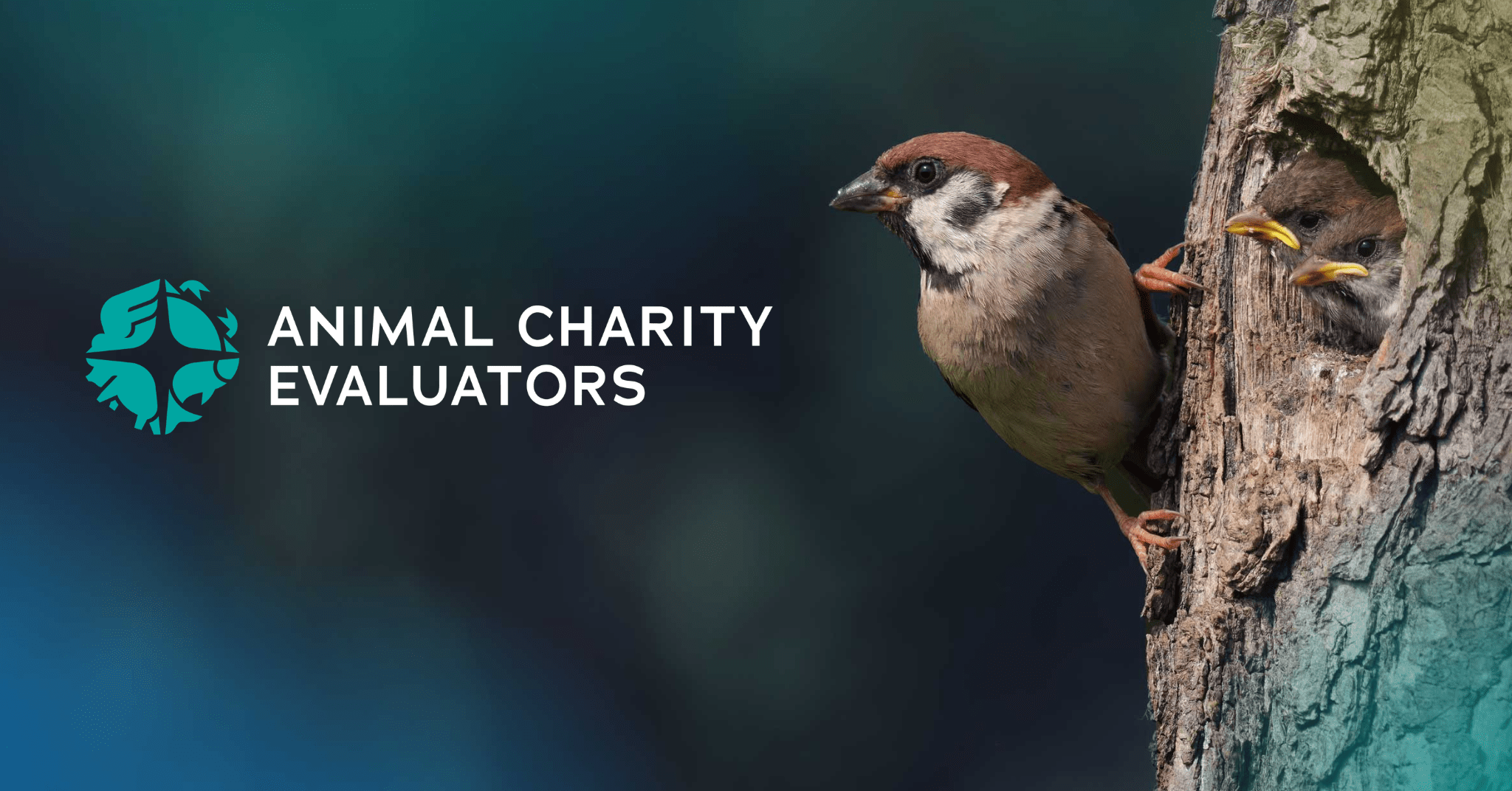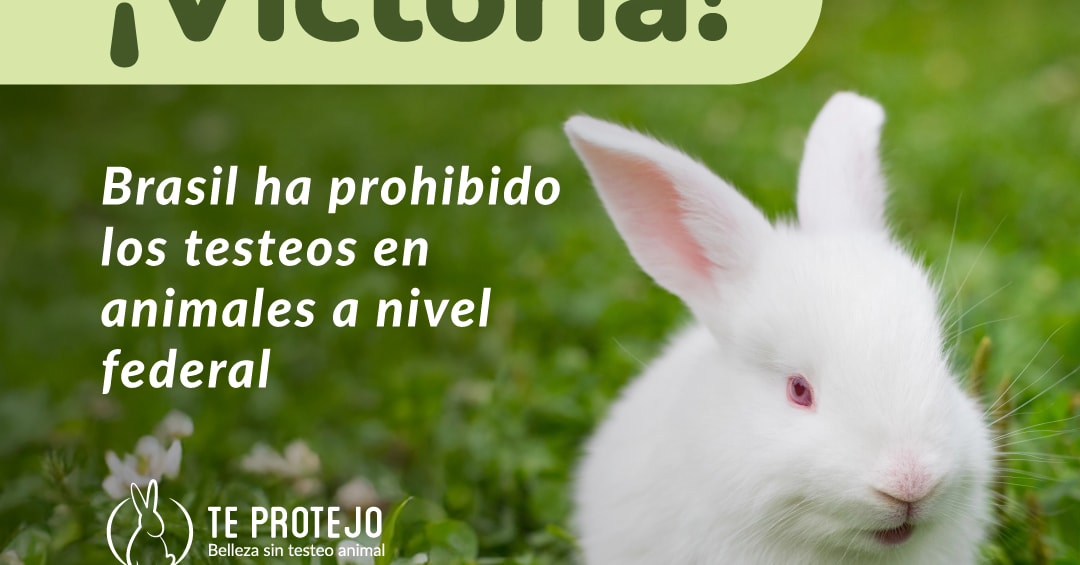Hi! We're researchers from Animal Charity Evaluators (ACE), and for the next two hours, we'll be answering questions about our 2024 charity recommendations and our charity evaluations process.
Our team answering questions is:
- Elisabeth Ormandy, Programs Director
- Vince Mak, Charity Evaluations Manager
- Maria Salazar, Senior Researcher
- Max Taylor, Researcher
- Zuzana Sperlova, Researcher
How to participate? Make sure you've created a FAST Forum account and post your questions in the comments section.
We look forward to answering your questions!
For a limited time, all donations to our Recommended Charity Fund will be matched! Your support will help all 11 of our Recommended Charities that we estimate will have an exceptional impact for animals with additional donations. Thank you for your support and for caring about creating a kind world for animals.




Hi, great (and topical) question! Yes, some ACE staff use generative AI models such as ChatGPT and Claude to help generate ideas or to help draft lower-priority internal documents. However, we don’t use such models for external or high-priority documents given the various limitations of AI models (such as the risk of factual errors, biases, and plagiarism), and we also don’t input information that could be potentially sensitive.
We apply a similar principle to image generation models. Given the risk of AI-generated images being seen as misleading in certain contexts, potentially casting doubt on, e.g.. photographic evidence of farm investigations, we instead use images from public-domain sources, prioritizing ethically aligned sources such as We Animals Media.
Personally, the most useful AI tool in my day-to-day work is Perplexity, which cites its responses and can be really helpful for locating research papers. I also find ChatGPT and Claude helpful for summarizing research, cleaning up documents, and advising on spreadsheet formulas. A newer tool is Google’s NotebookLM, which seems very useful for distilling information from a wide range of sources.
For more information you can check out ACE’s Responsible AI Usage policy. We also have an internal document where staff share AI use cases with one another, so you could consider introducing something similar at your own organization if that sounds helpful!
— Max